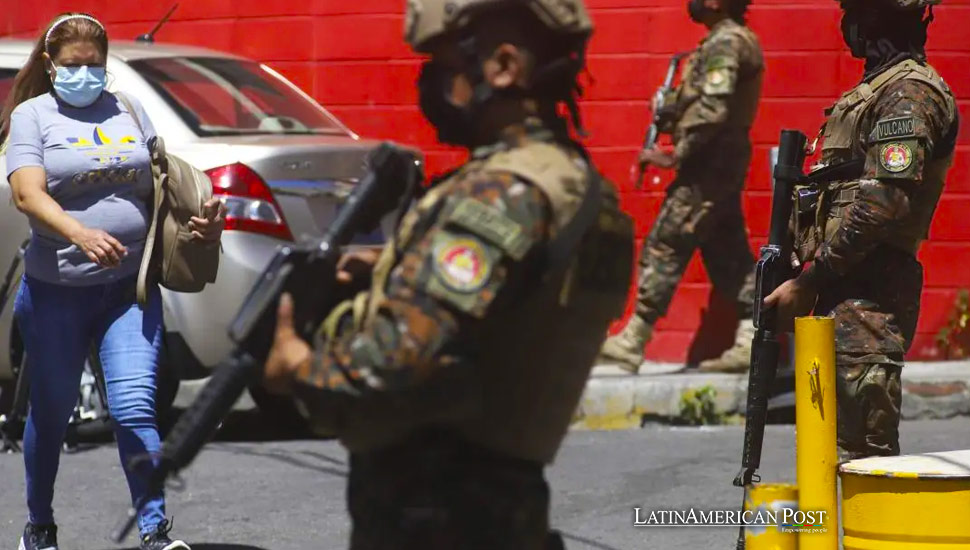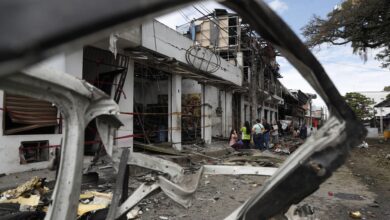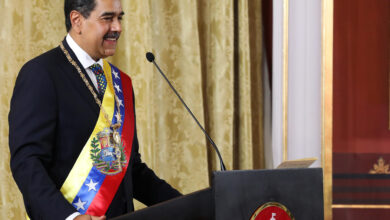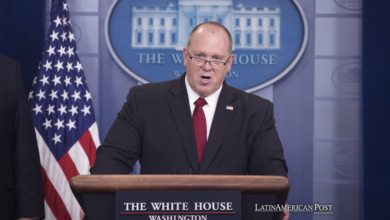El Salvador Extends Exception Regime, Ignites Human Rights Debate

El Salvador, President Nayib Bukele’s party, Nuevas Ideas, with allied formations, approves the 26th extension of the controversial regime of exception aimed at combating gangs, sparking widespread debate over its implications.
In a move that underscores the ongoing struggle against gang violence in El Salvador, the ruling party Nuevas Ideas, led by President Nayib Bukele, has once again extended the regime of exception. This measure, aimed squarely at dismantling notorious gangs or ‘maras,’ has been in place for over two years and was recently renewed for an additional 30 days without prior discussion or analysis in the Legislative Assembly. This latest extension marks the 26th since its inception and raises profound questions about the balance between security and civil liberties in the Central American nation.
High Public Support for Exception Regime:
The regime of exception, first implemented in March 2021, suspends certain constitutional rights, including the right to association and the right to be informed of arrest reasons and rights. This has allowed the Salvadoran government to conduct widespread arrests, resulting in over 79,900 detentions to date. The government justifies these measures as necessary to dismantle what it describes as persistent criminal elements attempting to regain power.
According to the recent survey conducted by the University Institute of Public Opinion (Iudop) at the Central American University (UCA), public support for the regime of exception remains high. Approximately 79.4% of those surveyed believe that the government protects Salvadorans, a significant increase from 48% when the measure had been in effect for six months. Additionally, 87.3% of respondents feel safer under the regime, compared to 76.2% after the first month of its implementation.
Despite these high approval ratings, the regime’s extension has not been without significant criticism. Humanitarian organizations have reported receiving over 6,000 complaints of human rights violations, including arbitrary detentions and torture. Moreover, there have been reports of approximately 240 deaths of individuals detained under state custody. Organizations like Amnesty International have raised concerns that the violence traditionally associated with gangs is being replaced by state violence, particularly in impoverished communities.
Shift in Security Tactics Under Bukele
The ongoing extensions of this regime reflect the government’s reliance on hardline measures to combat gang activity, a strategy that has dramatically shifted the landscape of public security in El Salvador. Under Bukele’s administration, the focus has been mainly on aggressive tactics that prioritize immediate impacts over long-term solutions to the deep-seated issues of violence and social inequality that fuel gang membership.
Critics argue that while the crackdown on gangs has brought a semblance of peace to some areas, it has done so at the cost of eroding democratic norms and judicial independence. The regime’s implementation, often characterized by a lack of transparency and accountability, poses a severe threat to the rule of law and risks entrenching a cycle of violence and retaliation.
President Bukele’s popularity has remained robust, buoyed by his tough-on-crime approach. This popularity enabled him to secure reelection this year for a second consecutive term despite constitutional prohibitions against consecutive reelection. His administration’s strategy has resonated with many Salvadorans who, exhausted by years of rampant crime, see the regime of exception as a necessary evil.
However, the international community and local human rights advocates continue to sound the alarm on the potential long-term consequences of such policies. They warn that without a comprehensive strategy that includes social programs to address the root causes of gang involvement—such as poverty, lack of education, and limited economic opportunities—the cycle of violence is likely to continue.
Complex Balance between Security and Rights
As El Salvador moves forward with this controversial policy, the debate intensifies over its effectiveness and morality. While the regime of exception may have decreased the day-to-day operations of gangs, the broader implications for human rights and democratic governance in El Salvador remain deeply concerning. The Salvadoran government faces the challenge of navigating this complex terrain, striving to secure its citizens’ safety while preserving their fundamental rights and freedoms.
Also read: El Salvador’s Assembly Passes Fast-Track Constitutional Reform
The extension of the regime of exception in El Salvador is a pivotal moment in the nation’s ongoing fight against organized crime. It is a stark reminder of the delicate balance between ensuring security and upholding democratic values. As the world watches, the future of El Salvador’s public safety and institutional integrity hangs in the balance, posing critical questions about the direction the country will take in its quest for peace and stability.




